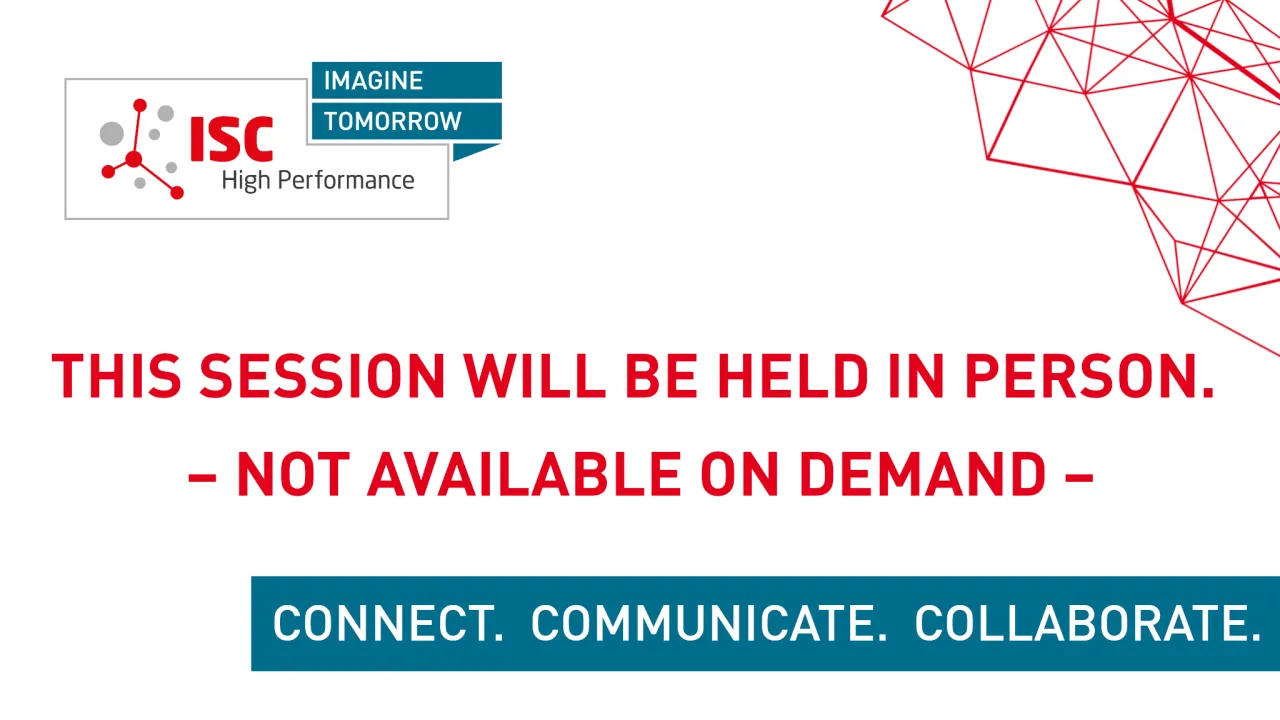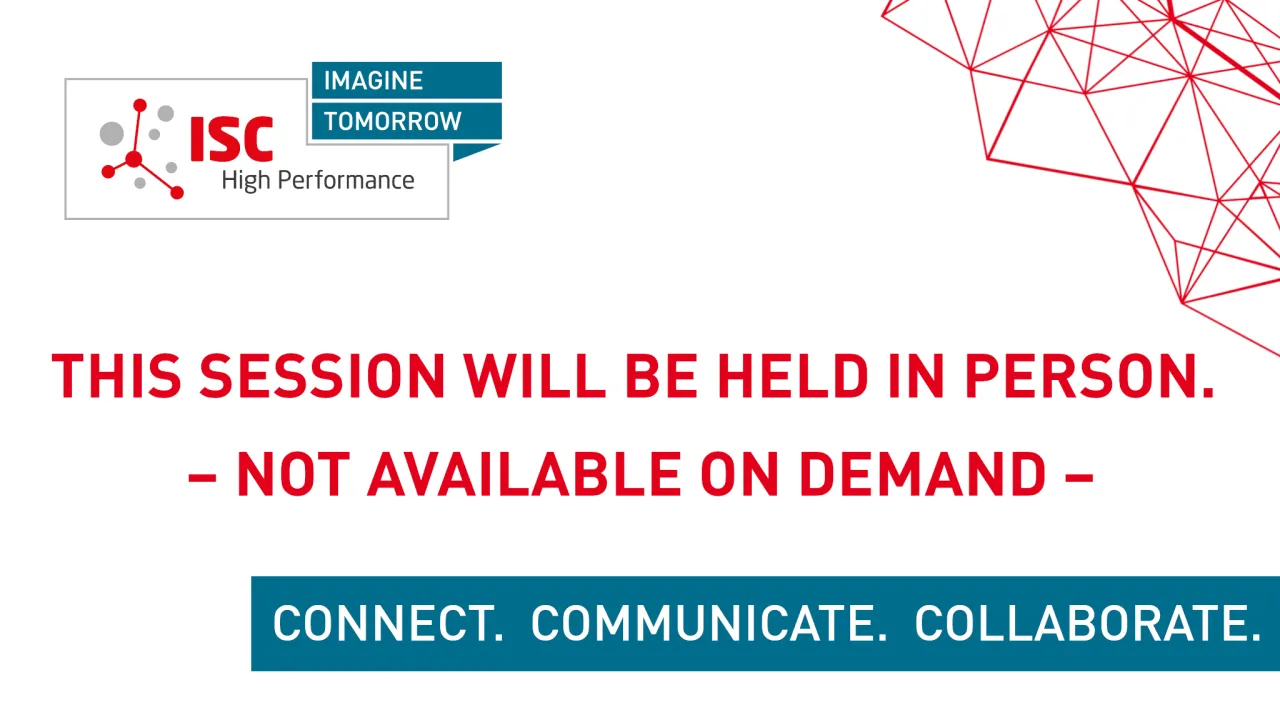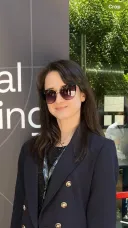

Better Scientific Software
Sunday, May 21, 2023 2:00 PM to 6:00 PM · 4 hr. (Europe/Berlin)
Hall Y11 - 2nd Floor
Tutorial
HPC WorkflowsManaging Extreme-Scale ParallelismNumerical LibrariesSustainability and Energy Efficiency
Information
The computational science and engineering (CSE) community is in the midst of an extremely challenging period created by the confluence of disruptive changes in computing architectures, demand for greater scientific reproducibility, and new opportunities for greatly improved simulation capabilities, especially through coupling physics and scales. Computer architecture changes require new software design and implementation strategies, including significant refactoring of existing code. Reproducibility demands require more rigor across the entire software endeavor. Code coupling requires aggregate team interactions including integration of software processes and practices. These challenges demand large investments in scientific software development and improved practices. Focusing on improved developer productivity and software sustainability is both urgent and essential.
This tutorial will provide information and hands-on experience with software practices, processes, and tools explicitly tailored for CSE. Goals are improving the productivity of those who develop CSE software and increasing the quality and sustainability of software artifacts. We discuss practices that are relevant for projects of all sizes, with emphasis on complex workflows and reproducible science. Topics include software design, effective models, tools, complex workflows, computational experiments, software testing (including automated testing, legacy code testing, and continuous integration), and software packaging.
Format
On-site
Targeted Audience
This tutorial is designed to benefit any scientific software development project, irrespective of its size and scope. The tutorial can benefit people at any stage of their career, whether they are students, post-docs, or established practitioners with a skew towards intermediate levels.
Prerequisites
To participate in the hands-on activities, students should have a computer capable of accessing the internet and a web browser. Some activities will utilize GitHub, so students should have or be willing to create a GitHub account. We build in time at the very start of the tutorial to ensure participants are aware of the prerequisites and provide instructions they can follow during breaks to prepare.
Beginner Level
25%
Intermediate Level
50%
Advanced Level
25%
Speakers
DR
David Rogers
Computational ScientistOak Ridge National Laboratory
Anshu Dubey
Senior Computational ScientistArgonne National Laboratory, University of Chicago
David Bernholdt
Distinguished R&D Staff Member and Group LeaderOak Ridge National Laboratory
Gregory Watson
Group Leader, Application EngineeringOak Ridge National Laboratory